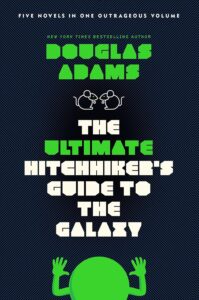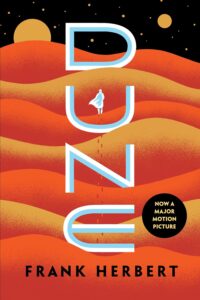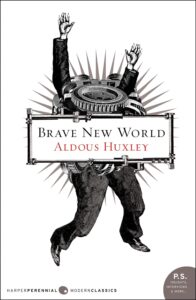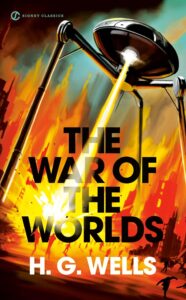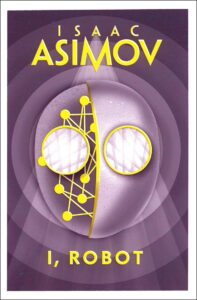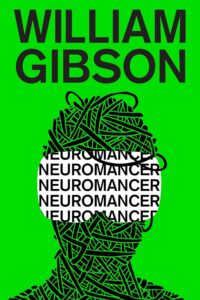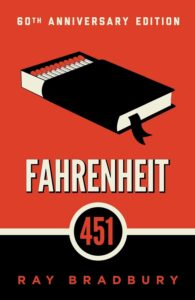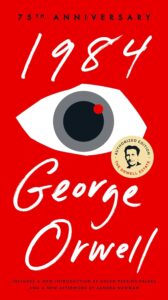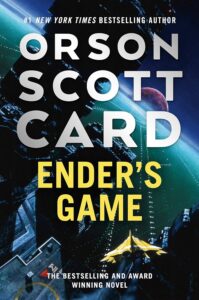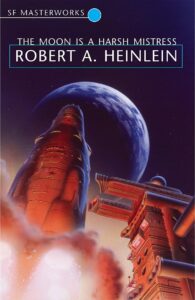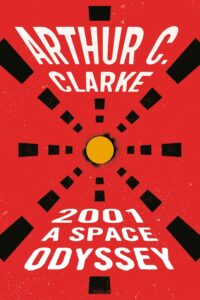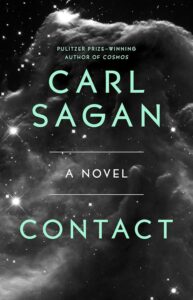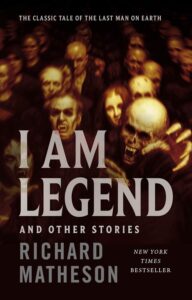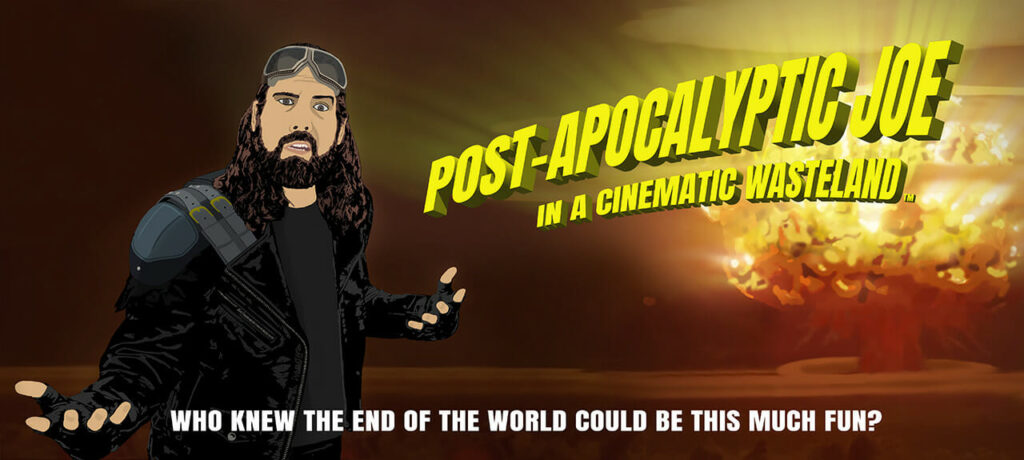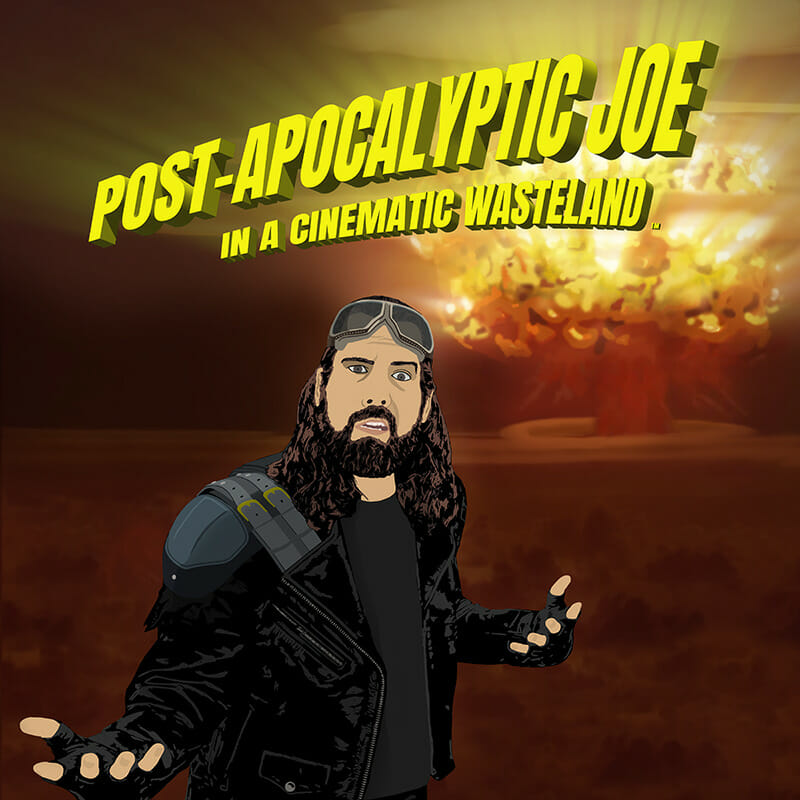Prepare to be transported to extraordinary worlds with these 15 captivating science fiction books. Each one offers a unique perspective on humanity, society, and the future, challenging norms and exploring the boundaries of imagination. From grand space adventures to haunting dystopian futures, these novels will make you question everything you know and inspire you to contemplate the power of science and technology. With intricate world-building, dynamic characters, and thought-provoking themes, these sci-fi tales are guaranteed to leave a lasting impression and ignite conversations about our place in the vast universe. Don’t miss your chance to explore the unknown and be enthralled by these mind-bending stories.
Douglas Adams’ comedic masterpiece, The Hitchhiker’s Guide to the Galaxy, follows the unwitting Earthman Arthur Dent as he embarks on a journey through space after the Earth is destroyed to make way for a hyperspace bypass. Filled with absurdity, humor, and philosophical musings, the novel satirizes science fiction tropes while providing a cosmic adventure.
Dune is an epic tale set in the distant future, where noble houses vie for control over the desert planet Arrakis, the only source of the valuable spice melange. The story follows young Paul Atreides, whose family assumes control of Arrakis, and explores themes of political intrigue, environmental sustainability, and the mystical and mind-expanding properties of spice
Aldous Huxley’s Brave New World is a dystopian classic that envisions a future society where citizens are genetically engineered and conditioned for specific roles. The novel explores the consequences of technological control, conformity, and the sacrifice of individuality for societal stability.
H.G. Wells’ The War of the Worlds is one of the earliest works of alien invasion fiction. Narrated by an unnamed protagonist, the story vividly depicts the Earth’s desperate struggle against Martian invaders and reflects on the hubris of colonialism.
I, Robot is a collection of short stories by Isaac Asimov, introducing the famous Three Laws of Robotics. Through various scenarios, Asimov explores the ethical challenges and implications of creating intelligent machines that coexist with humans.
William Gibson’s Neuromancer is a groundbreaking cyberpunk novel that introduces readers to Case, a washed-up computer hacker hired for a mysterious job. As Case dives into a world of artificial intelligence, corporate espionage, and a virtual reality matrix, the narrative unfolds with a noir aesthetic, exploring the fusion of technology and humanity.
“Fahrenheit 451” by Ray Bradbury is a dystopian tale set in a future where books are banned, and firemen burn them. Guy Montag, a fireman, starts to question his role in society’s censorship and embarks on a journey to preserve knowledge and individuality. Bradbury’s novel serves as a warning about the dangers of censorship and the importance of intellectual freedom.
“1984” by George Orwell is a dystopian novel set in a totalitarian society. The story follows Winston Smith, a disillusioned Party member, as he struggles to maintain his individuality and searches for a way to rebel against the oppressive regime. Orwell’s chilling portrayal of a surveillance state serves as a powerful warning about the dangers of authoritarianism and the erosion of freedom.
Orson Scott Card’s Ender’s Game follows gifted child Ender Wiggin as he is recruited into a military school to train as a commander in humanity’s war against an alien race, the Formics. The novel explores themes of leadership, empathy, and the consequences of war.
Octavia Butler’s Kindred is a unique blend of science fiction and historical fiction. The protagonist, Dana, finds herself repeatedly pulled back in time to the antebellum South, where she must confront the harsh realities of slavery and grapple with questions of agency and morality.
The Moon is a Harsh Mistress is a tale of lunar rebellion against Earth’s rule. The novel explores themes of freedom, artificial intelligence, and the challenges of colonizing the Moon as the residents strive for independence.
Ubik is a mind-bending novel that explores a reality-altering world where psychic phenomena are commonplace. The narrative follows Joe Chip as he contends with the unraveling fabric of his existence, blurring the lines between perception and reality.
“2001: A Space Odyssey” by Arthur C. Clarke is a groundbreaking science fiction novel that follows the story revolves around the discovery of a mysterious monolith on the Moon, leading to a mission to Jupiter. Along the journey, the ship’s computer, HAL 9000, exhibits erratic behavior, prompting a tense exploration of humanity’s relationship with technology and the cosmos.
“Contact” by Carl Sagan follows Dr. Ellie Arroway, an astronomer dedicated to finding extraterrestrial life. When a mysterious signal from Vega is detected, Ellie and her team decode plans for a machine to reach Vega. As Ellie travels through space, she confronts questions about the universe, faith, and humanity’s place in it.
“I Am Legend” by Richard Matheson is a compelling science fiction novel set in a world overrun by vampires. Robert Neville, the last human survivor in Los Angeles, battles loneliness and hordes of bloodthirsty vampires. As he grapples with isolation and loss, Neville becomes obsessed with finding a cure for the vampiric plague.

